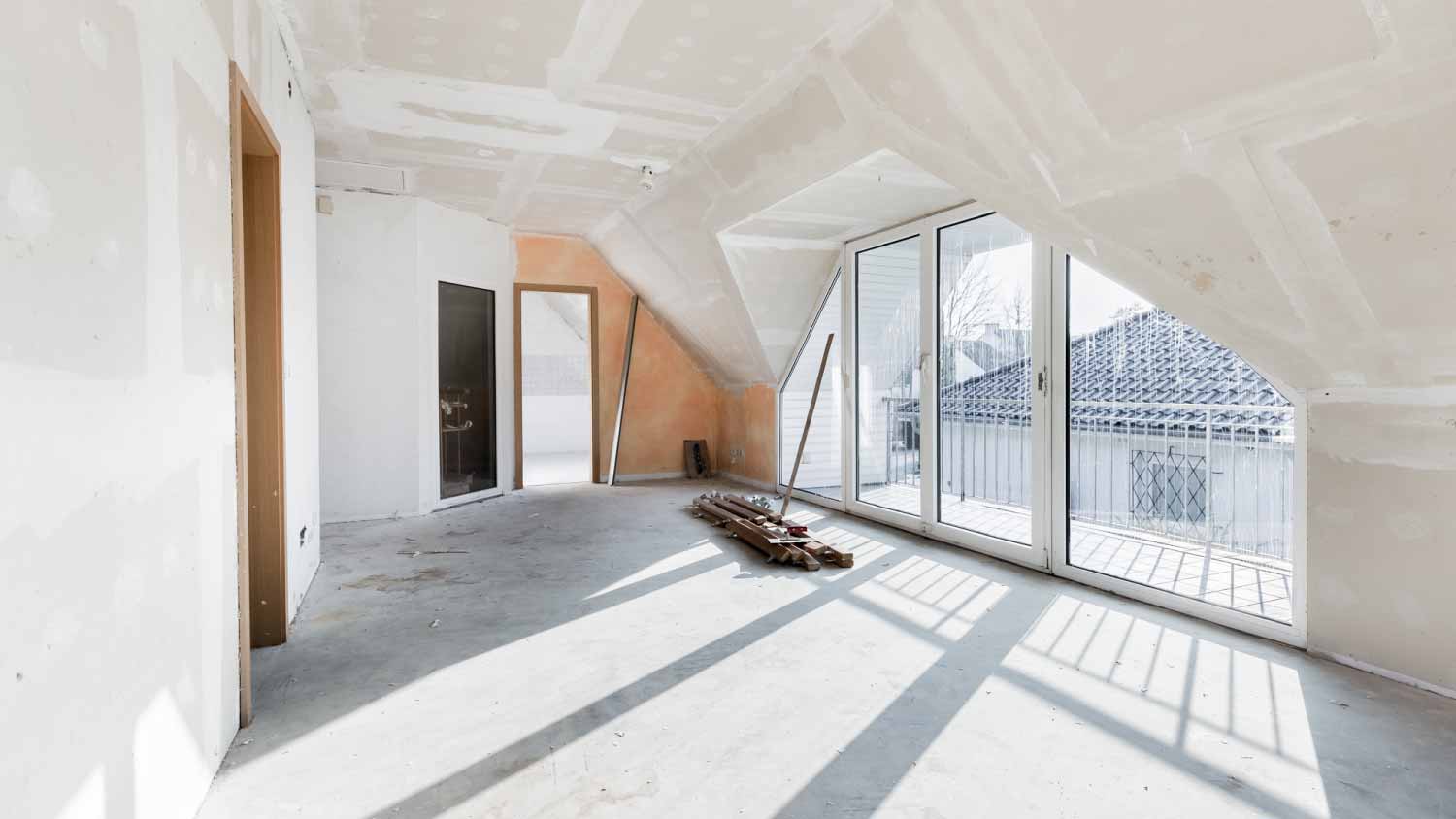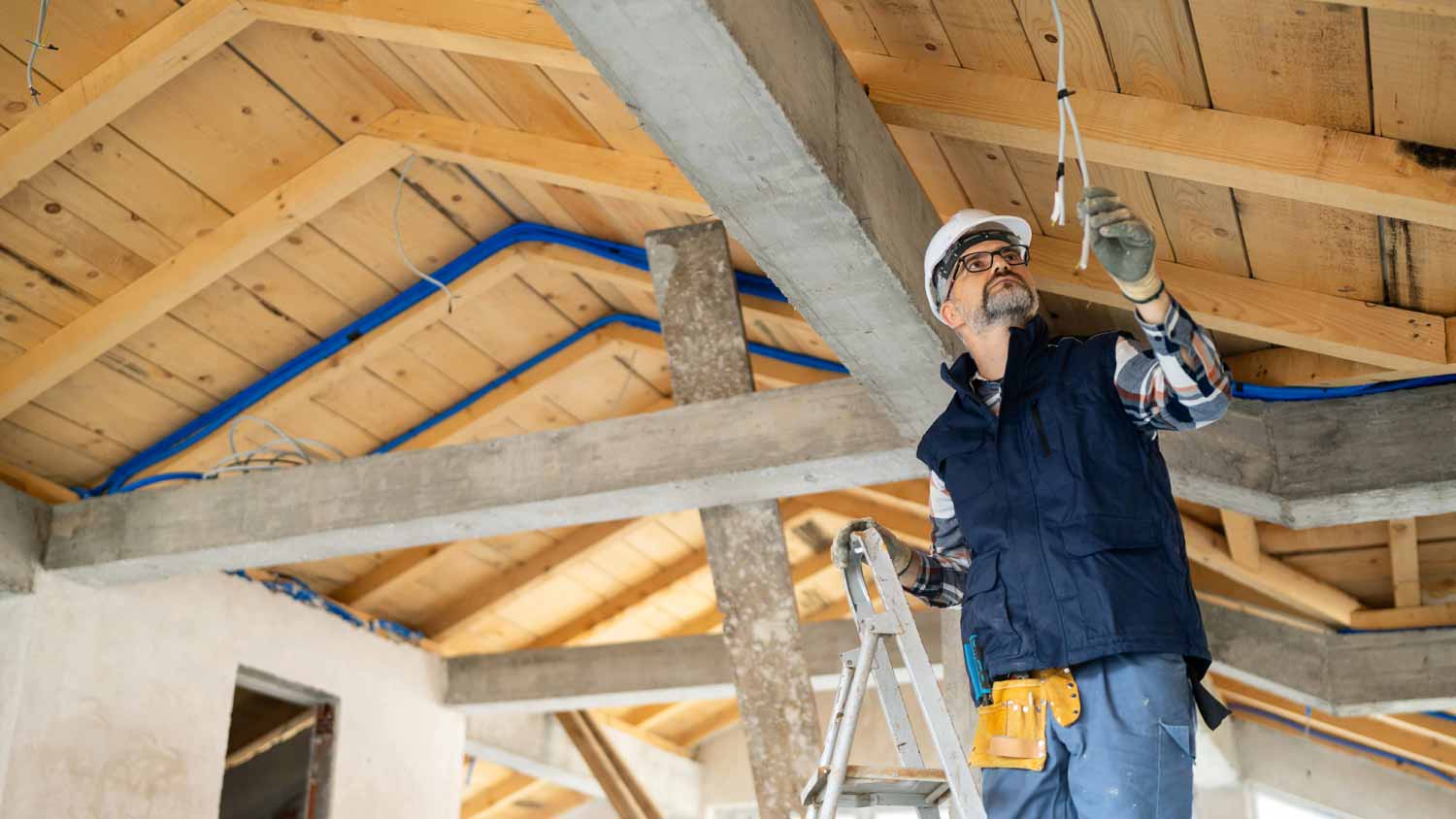
Remodeling your bathroom can add significant value to your home. Your bathroom remodel cost in Columbus, OH will depend on size, fixtures, materials, labor, and other factors.
In this case, it’s better to ask for permission than forgiveness


Any work that involves structural changes will require permits.
You’ll need permits to make changes to major home systems.
Many municipalities require permits over a certain remodel cost.
Your contractor will pull the permits, but you’ll need to pay the fee.
The last thing you probably want to do when you’re gearing up for a major overhaul in your house to create your dream home is stop and fill out paperwork with your building department. Unfortunately, that’s very often necessary. If you’re wondering if you need a permit to remodel your house, use this guide to determine when you’ll need one to make sure the work is legal and safe.

Individual municipalities set the rules and regulations for when you need a permit, but there are some rules of thumb you can use to get a good idea of whether or not you’ll need permits.
Any structural changes to your home will require permits. This can include removing load-bearing walls, remodeling multiple rooms and the layout of your interior, updating the roof shape, adding a dormer, building a home addition, and much more.
Changes to your water and drain lines will require permits, so major updates to your plumbing system will require a trip to your local building department first. Popular remodeling projects like swapping out plumbing fixtures won’t require permits, but moving, installing, or taking out supply and drain lines will.
Similarly, major electrical work will require permits. You can have an electrician change out fixtures and replace switches and outlets without a permit, but you’ll need one to install new outlets, relocate fixtures, install a new ceiling fan, or install solar panels.
Your HVAC system is another major home system that works the same way. You can make minor changes without one, but rerouting ductwork, replacing your furnace, or installing a central AC condenser will need permits.
Many municipalities have a dollar amount above which you’ll need permits. The price varies, but $5,000 is a good baseline to assume you’ll need permits. With home remodel costs averaging over $52,000, most major projects will need permits. You can use our home renovation cost estimator to get an idea of how much your remodel will cost.
For any type of renovation project that involves adding a new feature to your home, make sure to look into whether or not you will need to obtain a permit or other kind of permission from your local area. Not all projects require these things, but many do, so you always want to check.
Projects that deal with zoning and can affect the homes around yours will need permits, like installing fences, putting up a shed, or putting in a pool.
Remodels that may have an impact on environmental safety will need permits in most municipalities. These can include changes to your water main or sewer main, installing, replacing, or making changes to your septic system, and relocating an exterior oil tank. In some areas, you’ll even need permits to remove trees.
You’ll almost always need permits for permanent improvements to your property, which includes anything that acts as or requires a foundation. Paver patios, for example, would not require a permit, but a concrete patio or walkway or a pergola with concrete footings would.
Finally, you’ll need permits for safety reasons for things like installing, removing, or making changes to chimneys, fireplaces, and wood-burning stoves. In these cases, permits help ensure the work is done properly and won’t increase your risk of fire.

While the guidelines above apply in most cases, you should always verify whether or not you need a permit when you’re planning a remodeling project. There are two ways to confirm:
Ask your building department: Reach out to your local building department, describe the project you’re completing, and ask if you’ll need permits.
Ask your contractor: Provided you hire a reputable home renovation company near you, you can rely on your pro to determine if you need permits for your remodel.
Hire a renovation consultant: If you won’t be hiring a general contractor, hire a renovation consultant to determine which parts of your project will need permits.
Permits can actually be quite expensive. Talk to your contractors before starting your project to understand how much the required permits will cost you.
Remodeling a home without a permit can lead to violations from your building department if they discover that you’re doing unpermitted work. Those violations typically come with fines, and you’ll then either need to permit the work retroactively or return your home to its previous condition.
From average costs to expert advice, get all the answers you need to get your job done.

Remodeling your bathroom can add significant value to your home. Your bathroom remodel cost in Columbus, OH will depend on size, fixtures, materials, labor, and other factors.

The cost to demo a bathroom depends on its size, complexity, extent of the demo, and whether you DIY or not. This guide will help you budget effectively.

If your basement ceiling is low, there are ways to raise it. Learn more about the cost to raise a basement ceiling to be able to enjoy your basement and create a more usable space in your home.

There are lots of different types of shower door seals to keep your bathroom dry. We’ll show you what they are and where they work best.

Renovating your kitchen and want to know what the best tile for kitchen floor is? Our guide to the many types of kitchen floor tiles will help you make the best choice.

DIY sink installation is a doozy but do-able for those with experience. Use this guide to learn how to install a bathroom sink in a few steps.